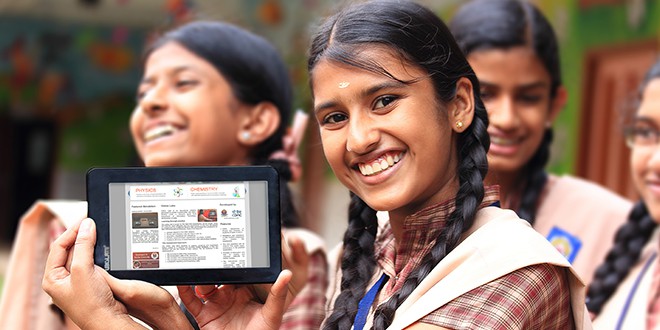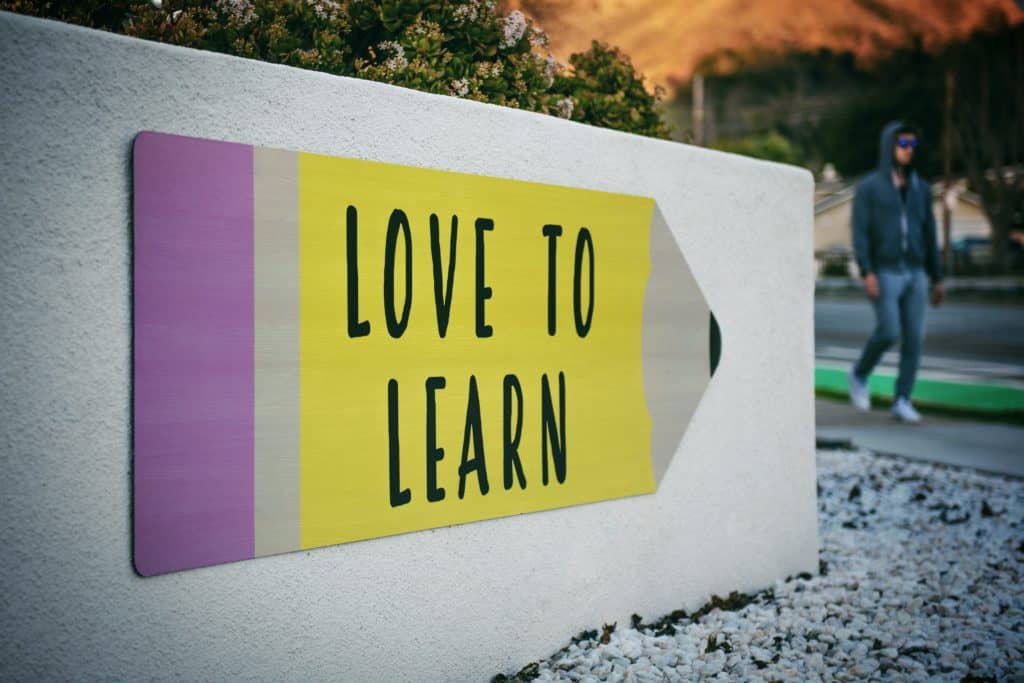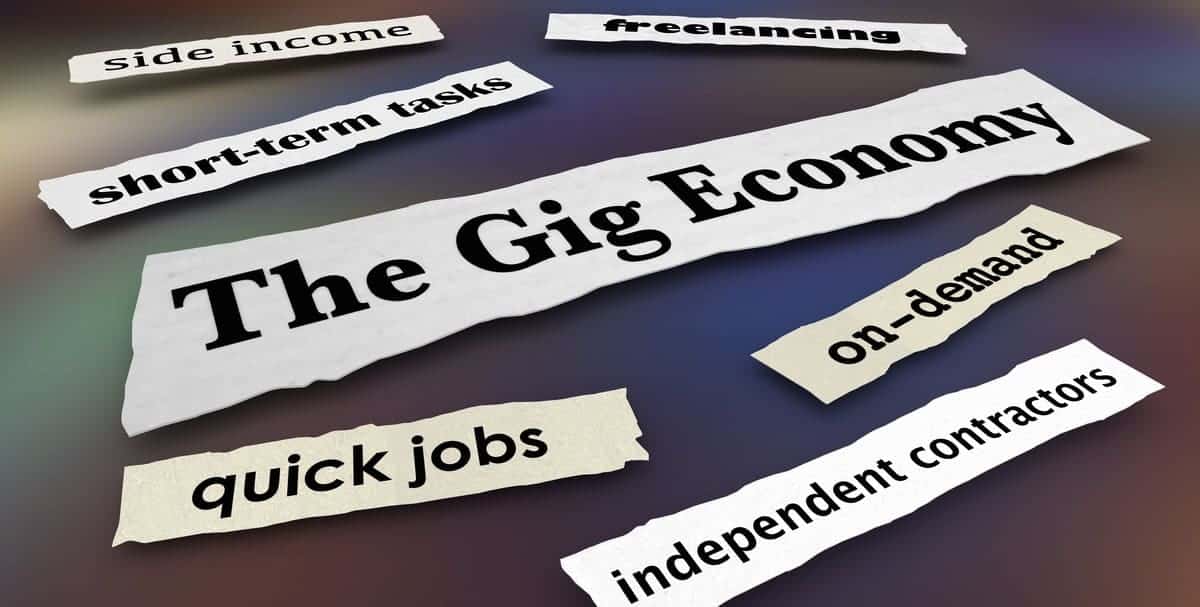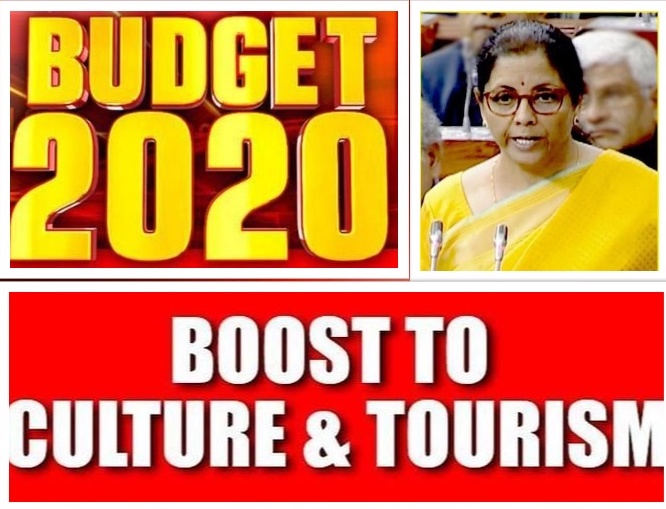“Sipping coffee on a lonely Saturday night is the perfect way to think deeply about how life has taken a twisted turn of events since I and many other engineers like me, left engineering. It seems that the New Education Policy doesn’t even consider the people who graduated from the 2013-2016 cycle as even eligible to get employed.
Unending confusion over the career options, lack of skill to get selected for the most reputed core engineering firms, and the low pay being offered by the Small Industries forced many of us to take up a semi-skilled 9-5 desk job in the IT Park of Bangalore-Pune.
It was only until I had spent six months of the most mentally exhausting roller coaster called “career” of mine, that I realized – what in the actual hell am I doing with my life?
I don’t have an aim; I cannot be stuck with this job as am not getting enough skills in this, am just being one of the crowds among the millions of others who are doing the same. Why accurately did I ever study mechanical engineering if working for an IT firm was what I wished to do?”
Until now, many must have resonated with the emotions going through the anonymous writer and his plight with “engineering”. The Indian Education system needs serious reforms and changes. But things aren’t as easy as speaking. We actually need to overhaul the education system starting from the elementary level.
The ideal choice
provided to us by our teachers in elementary school is, either you memorize the
notes from the “guide” or “Kunji” as we called it. Or fail.
Now writing with our own mind was OKAY, but that wouldn’t fetch the same marks
as the TOPPER who could memorize the one and a half-page of the answer to be
written to get the extra two marks than others. But why to care about exams?
Because out here, student’s talent is judged by the percentage obtained in
board examination.
Not that we are against the system of scoring high marks in the exams, but if we think about it, how do we really judge the person’s capabilities only by the marks he/she obtains at the initial level of learning?
For me, Mr. Bhattacharjee, who used to teach me Social Science in Class Xth, was always the most knowledgable person in the school. It was because he showed me things no one ever would in the daily school routine. One day, he taught us that Mahatma Gandhi was the most critical person in the struggle for Indian Independence. Being a small kid, we all got impressed and started idealizing Gandhi.
It was only later in the path of knowing our own facts that we realised the blunders that Gandhiji did with communalisation of politics from the Khilafat-Non Cooperation Era.
Now the validity of the argument can be seen from perspective, but the fact that teachers never helped us have a critical understanding of one subject is astonishing. This trend continues in Universities and Colleges too where the students who move around professors and are good at memorizing, end up being top rankers.
Our education system thus focuses only on theoretical knowledge.
Also Read: 7 Things That You Should Know Before Visiting IT Hub
What About How The Kids Feel?
Our social arrangement is flexible on kids, and it completely ignores the thoughts, ambitions, and feelings. Kids are made to join Kindergarten at the age of three, while the ones non-performing are treated as dunces.
UNESCO Data reveals that
India has one of the lowest public expenditure on education per student. In
fact, recent conduct of ASER shows that students of Class 5 and Class 8th
couldn’t solve elementary sums.
Most schools have a one-dimensional education system, with a lack of focus on creative thinking and skill-building from the start. In tier-3 and tier-3 cities, if you are focussing too much on co-curriculum activities like public speaking, dance and drama at school, you are irresponsible.
Talking about rural education system would be like committing a crime – you cannot explain it in simple words. Adding to this issue is the lack of trained teachers at all levels. Imagine a teacher in your school teaching you a fact which he/she read on WhatsApp, while you believe it because you are just a kid. This results in a biased outlook towards everything, and also leads to demotivation of the children who don’t do well in school.
A literacy rate of 76 percent seems appreciable, but we lag behind all the BRICS nations. In fact, smaller states like Sri Lanka have higher literacy rates. A lack of better student-teacher ratio also pulls down India’s competitiveness in terms of education level.
The Ministry of Human Resources Development shows that only about half of the students who make it to the primary school enrollment go on to the upper primary levels.
Each study conducted over India reveals that the accurate indicator of economic development in the country is the well being and education of the people. But while Indians made rapid strides in the economic progress over the last few decades, the primary and secondary education remains at an abysmal level. The number of secondary schools in India remains at a low number of 1,50,000, which comes down to less than 90,000 at the higher secondary level.
We started to mess up since we got Independence as the focus was never on expanding primary and secondary education. The poorest of the poor and their children, the ones who are most discriminated against on the basis of religion and caste, do not receive even the primary education.
The ones getting educated are getting a poor education, which makes them nowhere but to ultimately prepare for government exams after they have graduated!
Leveraging Technology and Focusing On Skill Education

Technology is now an essential part and parcel of our life. We need to make a rigorous technological intervention to democratize various options for getting educated and skilled. New skills like content marketing, sales, technology learning, machine learning, algorithm analysis should be made part of the curriculum from the primary education itself. Is teaching as a profession just an option for a successful and stable career? It obviously isn’t. The best minds from all over the country should be incentivised to make courses on new Technology and skills and should be promoted in the school curriculum.
While South Korea has 96 percent of the population skilled, we have only 12 percent of our population skilled. How will ever be able to utilize the demography window? The focus should, thus, also move to practical learning. Technology can be used to adapt the teaching methodologies, and assessment of the entirely new set of skills using it can be made.
Education needs to be an all-round developer. It must be focussed on creative learning abilities rather than memorizing skills. Practical knowledge, E-learning through startups like Unacademy may be promoted.
Further, school education systems should be viewed as a critical strategic investment. It should, in fact, be given the status of vital infrastructure. We should learn from Finland, which has a fantastic record in providing quality school education.
A universal quality of education also depends on the performance of teachers. Not only that, we need to have a shared responsibility of various stakeholders, which includes value Education from Parents and Society.
*The views expressed in this article are solely of the author based on his experiences
To read about more such though provoking stories about the New India please stay tuned to Yeh Hai India













